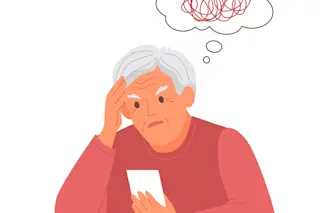(Lightspring/Shutterstock) For some people with autism, the idea of facing social situations can be so unnerving it impairs their ability to finish school, hold a job or form relationships. And conventional medications and psychotherapy for anxiety often fail. But early results from a new study suggest that MDMA — commonly known as Ecstasy or Molly — may help adults with autism manage disabling social phobias.
MDMA is unique among psychedelics for its ability to help people connect and communicate with others, two common problems for those with autism. Early research with MDMA — before federal officials banned it in 1985, citing its abuse as a recreational drug — showed that people who took the drug were less fearful and anxious and more comfortable talking about their problems, something that’s particularly useful in therapeutic settings. The study is the first to use MDMA coupled with therapy to treat social anxiety in ...














